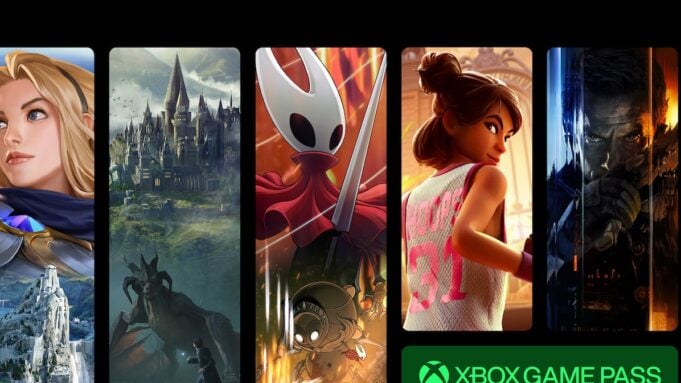Xbox Game Pass was too good to be true on its launch in 2019. A subscription that granted players access to hundreds of games, online multiplayer and discounted purchases? The apple fell from the tree last week, hard, when the latest adjustment to the service started riots and mass cancellations online.
First, affordability and accessibility. Xbox Game Pass is now divided into three tiers, each offering varying levels of bonuses. The price of the highest grade, Ultimate, is increasing from $22.95 AUD per month to $35.95 AUD per month. For that cost, users get all the bells and whistles across 400+ games, with the bonus of Ubisoft+ Classics, EA Play, unlimited cloud gaming, day one Xbox Game Studio releases and up to $100 worth of reward points every year.
If you can’t float the giant price tag, you can drop down to Xbox Game Pass Premium for $17.95 AUD per month. You’ll lose roughly half of the available game library (now 200+) and reward points potential, the additional subscriptions and day one game access; instead, you’ll be able to play Xbox Game Studios titles “within 12 months of launch.”
The lowest of the new three tiers is Xbox Game Pass Essentials, which reduces the game library to 50+ titles, rewards points are halved again to 25,000, and there is no mention of guaranteed access to Xbox Game Studios titles. At least you still get online multiplayer, some select games on streaming and in-game benefits for games like “Call of Duty: Warzone” and “League of Legends,” right? Right?
And that’s just console; on PC, the service is taking a 40% price hike with seemingly no added benefits. As you can imagine, the response to the changes has been almost universally negative. What was once a concise offering you could throw a monthly sum at to play Xbox flagship titles is now a whopping price of over $430 a year.
These headlines were quickly followed by rumours that Microsoft was planning to abandon next-generation hardware and switch to a cloud-only approach for Xbox. Like any great rumour, this originated in a forum and a discussion around Xbox shifting priorities to developing its profitable headline IP instead of platforms, and that plans for future hardware were “up in the air.”
Again, a similar angry fervour sparked, snowballing quickly into cries of “Xbox isn’t making consoles anymore,” but Microsoft got out ahead of the pitchforks and confirmed in a statement to Windows Central that they “are actively investing in our future first-party consoles and devices designed, engineered and built by Xbox.”
We will continue to sell Xbox Game Pass Ultimate for $19.99/month in-store and online. pic.twitter.com/EAPGaud7cY
— GameStop (@gamestop) October 1, 2025
In the increasingly expensive nature of the 2020s, the price increases aren’t a surprise, even if they are excessive. What many have taken offence to is the tone deaf way that Xbox presented the news, less “due to rising costs of the industry”-style apologies we’re used to, more “we’re increasing the price and that’s a good thing.” The official announcements focused on the added benefits to the higher tiers in a failed attempt to gloss over the cost spikes.
It’s a heavy morale blow, and it will take some time for Xbox to recover favour with the consumers that it’s become so reliant on.































